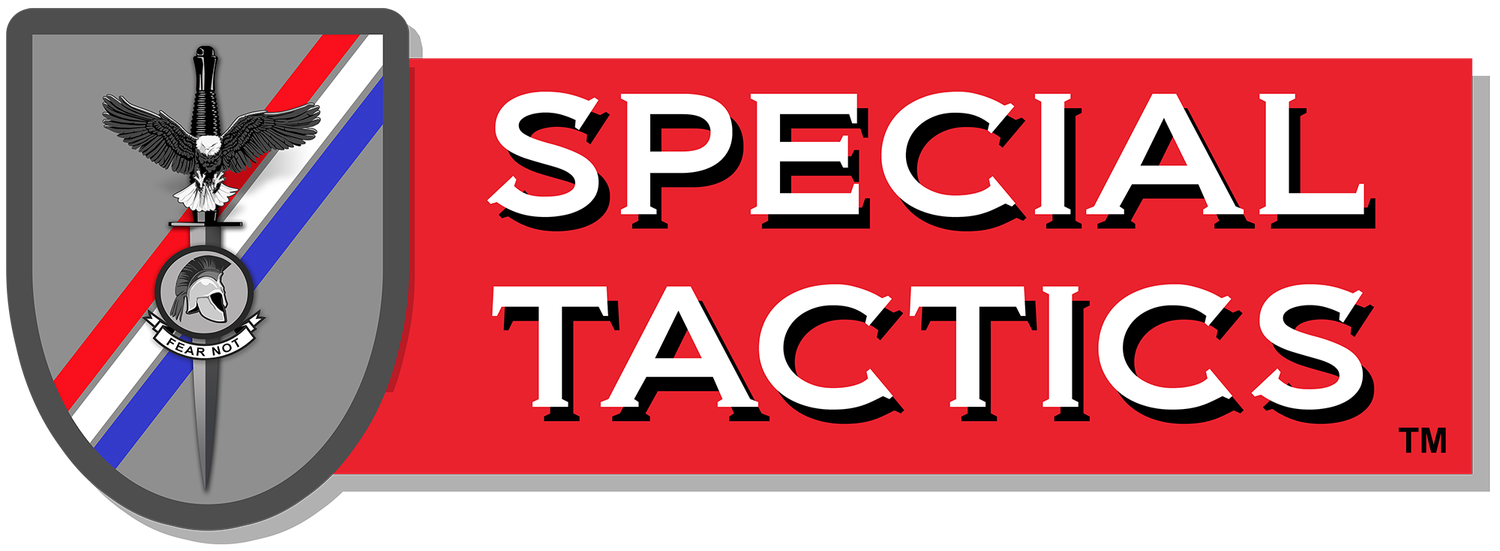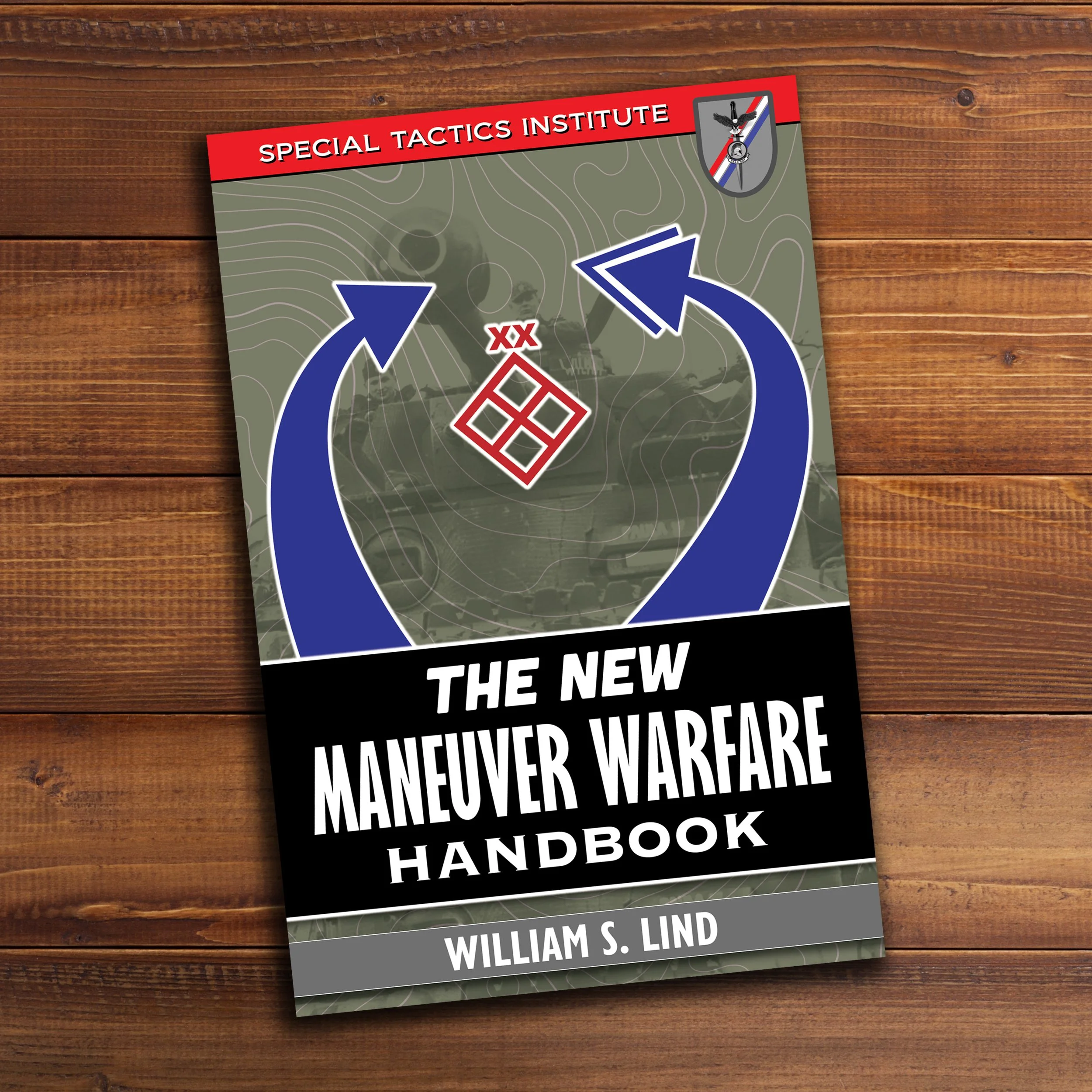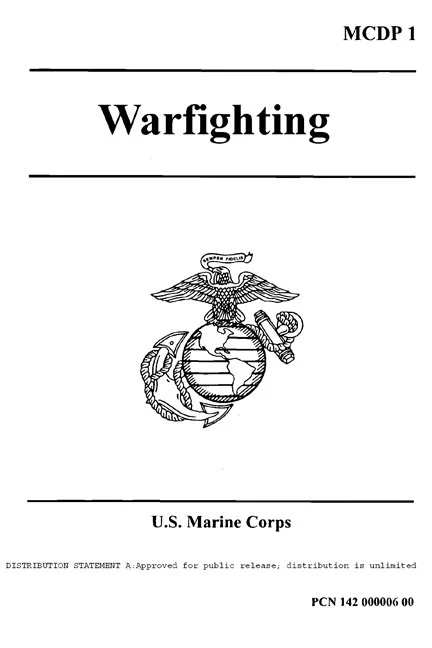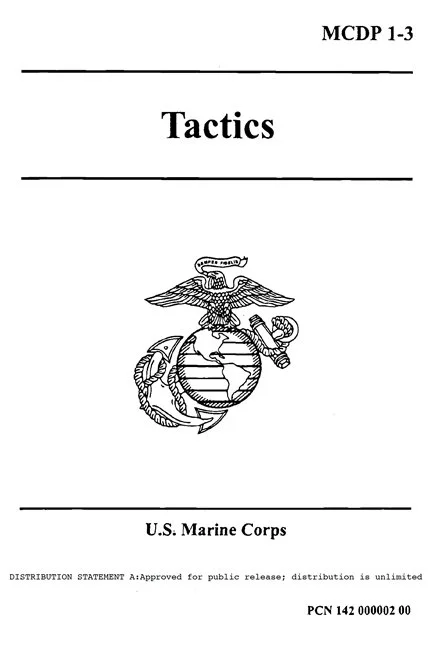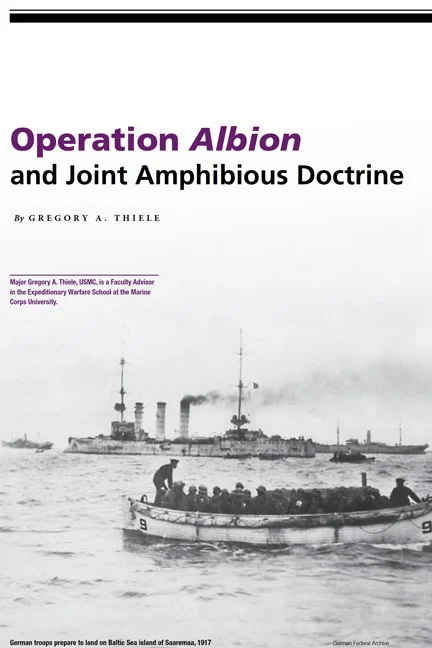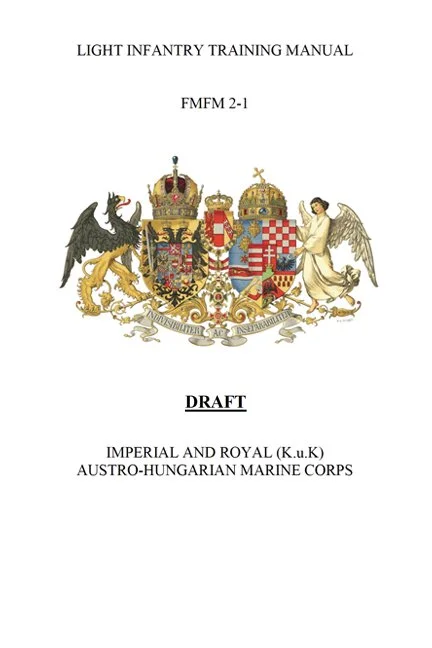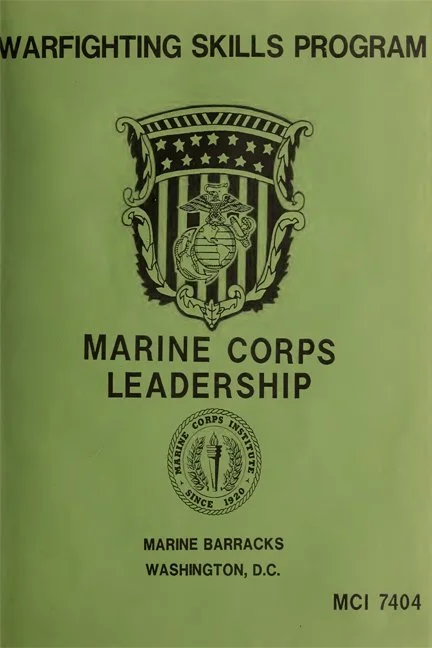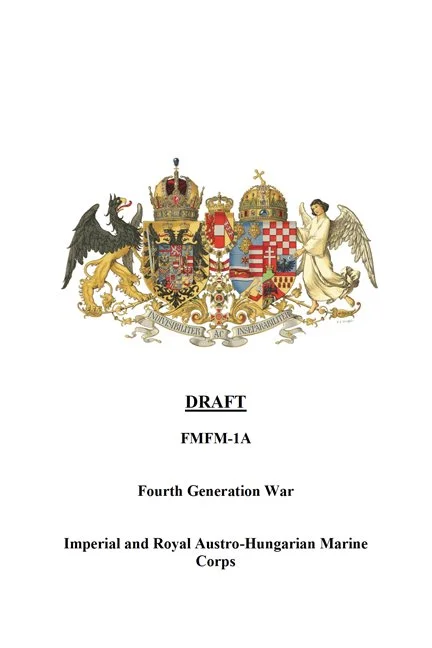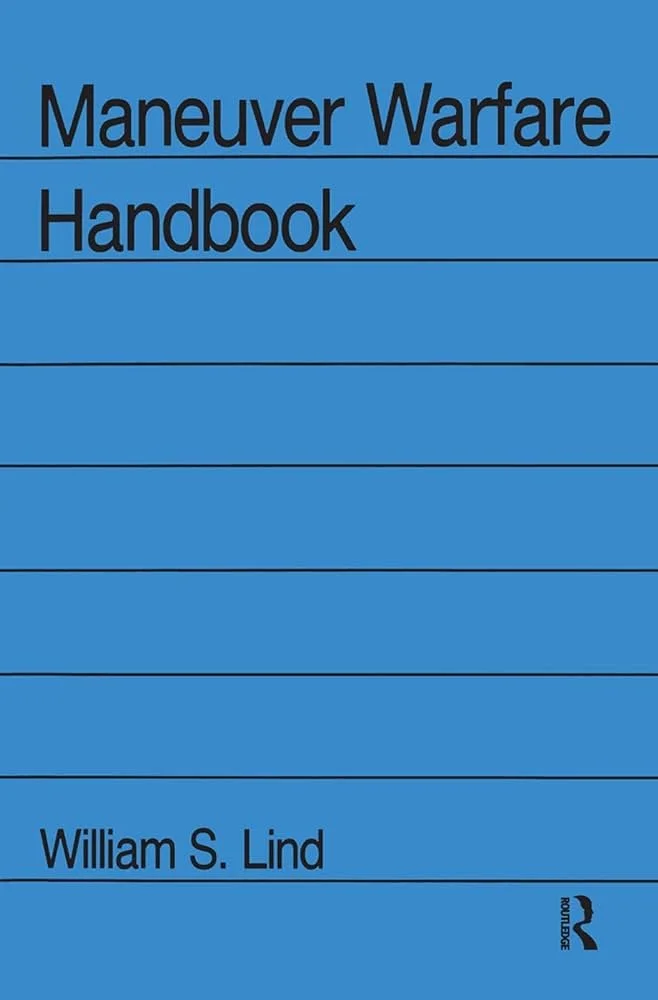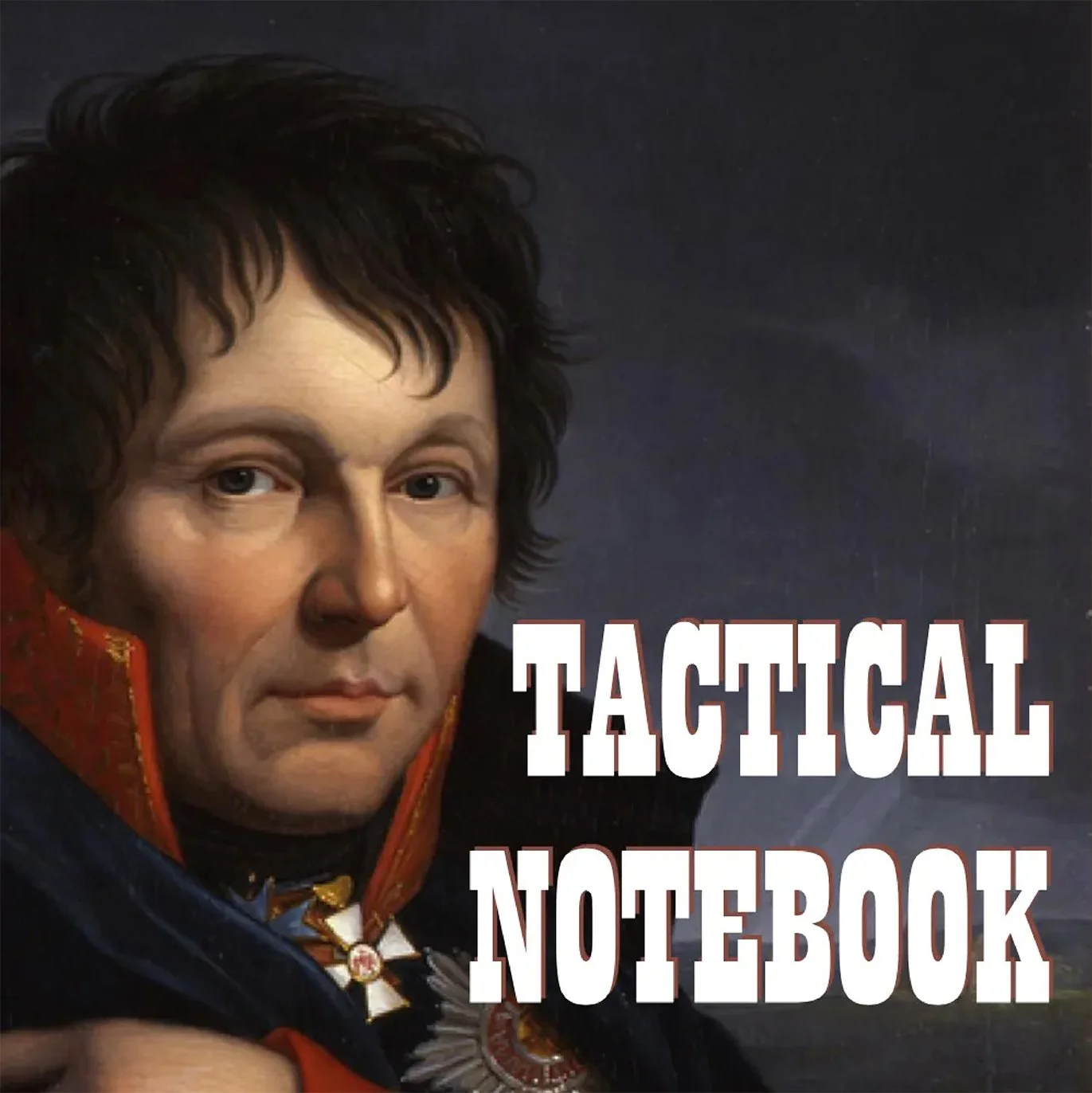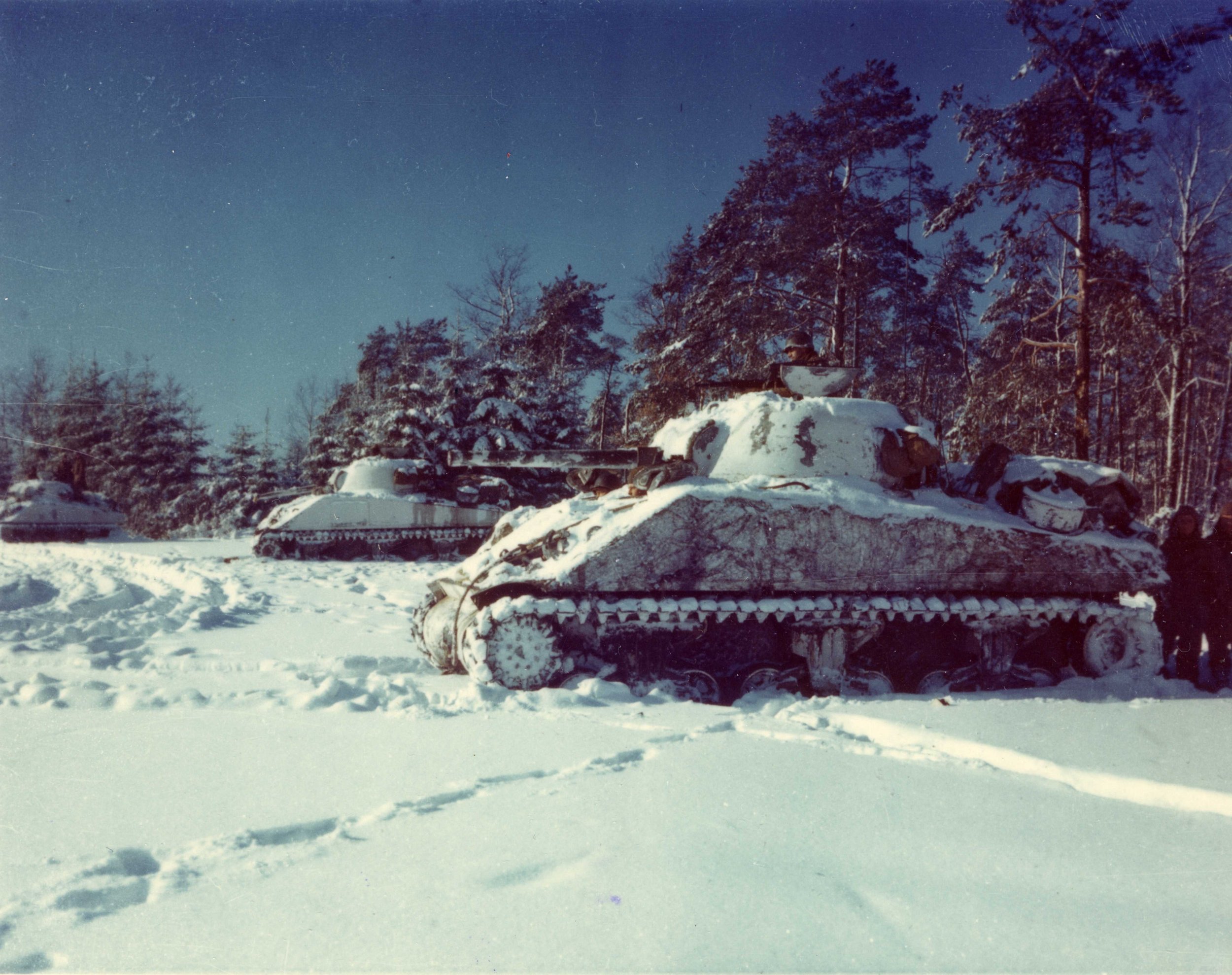
Welcome to the Maneuver Warfare Center
Get the New Maneuver Warfare Handbook
The sequel to William S. Lind’s classic Maneuver Warfare Handbook has arrived, packed with new insights and additional chapters to prepare leaders to fight against near-peer adversaries. The book is 205-pages and includes tactical decision exercises, color diagrams and appendices written by LTG(ret) James Dubik, Don Vandergriff and the Special Tactics Staff.
Free Maneuver Warfare Resources
The following downloadable PDF documents include all of the recommended resources referenced in the New Maneuver Warfare Handbook including official USMC doctrinal publications, unofficial USMC manuals (published under the humorous title of the Imperial and Royal Austro-Hungarian Marine Corps), and journal/magazine articles.
Books of the Maneuver Warfare “Cannon”
“The Cannon” consists of seven books which, read in order, take the reader from the First Generation of modern war into the Fourth Generation. As Sun Tzu wrote, knowing oneself is as important as knowing the enemy. The Canon is a mirror that allows military institutions to see where they are in terms of the evolution of modern war and where they need to go to be able to win.
-
Written by C.E. White, this book is the story of Scharnhorst, the leader of the Prussian military reform movement of the early 1800s, as a military educator. With other young officers, Scharnhorst realized that if the Prussian army, which had changed little since the time of Frederick the Great, fought Napoleon, it would lose and lose badly.
Instead of just waiting for it to happen, he put together a group of officers who thought as he did, the Militaerische Gesellschaft, and they worked out a program of reforms for the Prussian state and army. Prussia’s defeat at the battle of Jena opened the door to these reforms, which in turn laid the basis for the German army’s development of maneuver warfare in the early 20th century.
-
Robert Doughty’s definitive history of the development of Second Generation warfare in the French army during and after World War I. This book is in the canon because the U.S. Army and Marine Corps learned modern war from the French, absorbing Second Generation war wholesale. As late as 1930, when the U.S. Army wanted a manual on operational art, it took the French manual on Grand Tactics, translated it and issued it as its own. The Seeds of Disaster is essential to understanding why the American armed forces act as they do.
-
Bruce Gudmundsson’s Stormtroop Tactics, is the story of the development of Third Generation maneuver warfare in the German Army in World War I. It is also a book on how to change an army. Twice during World War I, the Germans pulled their army out of the Western Front unit-by-unit and retrained it in radically new tactics. Those new tactics broke the deadlock of the trenches. However, Germany had to wait for the development of the Panzer divisions in the 1930s to turn tactical success into operational victory.
-
Martin Samuels’s Command or Control?, compares British and German tactical development from the late 19th century through World War I. Its value is in the clear distinctions it draws between the Second and Third Generations, distinctions the reader will find useful when looking at the U.S. armed forces today.
-
Also by Robert Doughty, The Breaking Point is the story of the battle of Sedan in 1940, where Guderian’s Panzers crossed the Meuse and then turned and headed for the English Channel in a brilliant example of operational art. Here, the reader sees the Second and Third Generations clash head-on.
Why does the Third Generation prevail? Because over and over, at decisive moments, the Third Generation Wehrmacht takes initiative (often led by NCOs) while the French wait for orders. What the French did was often right, but it was always too late.
-
While The Breaking Point contrasts the Second and Third Generations in combat, Martin Van Creveld’s Fighting Power compares them as institutions. It does so by contrasting the U.S. Army in World War II with the German Army. What emerges is a picture of two radically different institutions, each consistent with its doctrine. This book is important because it illustrates why you cannot combine Third Generation, maneuver warfare tactics with a Second Generation, inward-focused, process-ridden, centralized institution.
-
Martin Van Creveld’s The Transformation of War is asily the most important book on war written in the last half-century. It lays out the basis of Fourth Generation war, the state’s loss of its monopoly on war and on social organization. In the 21st century, as in all centuries prior to the rise of the nation-state, many different entities will fight war, for many different reasons.
Get the Original Maneuver Warfare Handbook
The New Maneuver Warfare Handbook is not intended as a replacement for the original. Both books complement each other and each includes important insights for better understanding and practicing maneuver warfare. If you do not yet have a copy of the original, click below.
Bruce Gudmundsson’s
Tactical Notebook
Dr. Bruce Ivar Gudmundsson, author of Stormtroop Tactics (Book #3 in the Maneuver Warfare “Cannon”) has authored hundreds articles, tactical decision games and professional education resources which he hosts on his Tactical Notebook substack and mailing list. The Tactical Notebook is free to join. Click below to sign up and access all of its articles and resources.
Special Tactics Training Resources
The New Maneuver Warfare Handbook lists a number of Special Tactics online courses and books as useful resources for tactical training. Click the links below to learn more.
Squad-Level Infantry Rural Combat
Outcomes Based Learning Professional Handbook
Small Unit Infantry Ambush Tactics
Small Unit Machine Gun Employment
High-Intensity Military Urban Combat
Small War Tactics: Professional Handbook
Squad-Level Military Urban Combat - Comprehensive and Expanded Edition
More to Come Soon
Thank you for visiting the Special Tactics “Maneuver Warfare Center.” We are still in the early stages of this new initiative but we are working hard to develop additional resources, online courses and books to offer training and education in Maneuver Warfare theory and practice. Check back frequently or subscribe to our newsletter to stay in the loop. We are also always open to suggestions from our followers so do not hesitate to contact us at info@specialtacitcs.me if you have ideas about how to improve the MWC,
